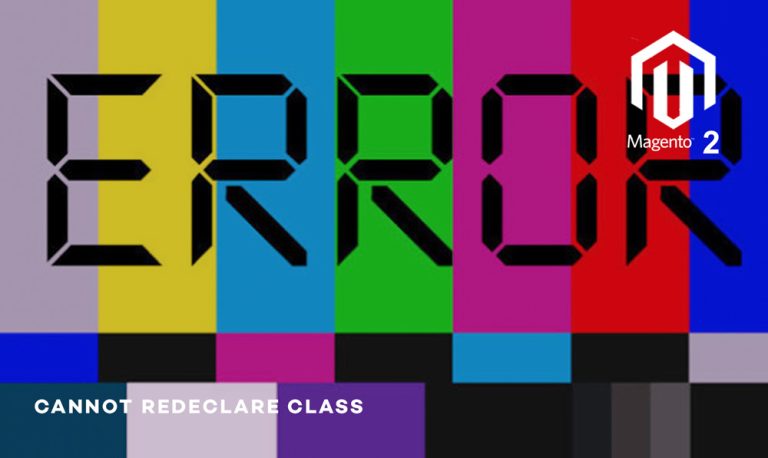
And it is still the case that when we hear a woman’s voice as part of a tech product, we might not know who she is, whether she is even real, and if so, whether she consented to have her voice used in that way. Many TikTok users assumed that the text-to-speech voice they heard on the app wasn’t a real person. But it was: it belonged to a Canadian voice actor named Bev Standing, and Standing had never given ByteDance, the company that owns TikTok, permission to use it.
Standing sued the company in May, alleging that the ways her voice was being used—particularly the way users could make it say anything, including profanity—were injuring her brand and her ability to make a living. Her voice becoming known as “that voice on TikTok” that you could make say whatever you liked brought recognition without remuneration and, she alleged, hurt her ability to get voice work.
Then, when TikTok abruptly removed her voice, Standing found out the same way the rest of us did—by hearing the change and seeing the reporting on it. (TikTok has not commented to the press about the voice change.)
Those familiar with the story of Apple’s Siri may be feeling a bit of déjà vu: Susan Bennett, the woman who voiced the original Siri, also didn’t know that her voice was being used for that product until it came out. Bennett was eventually replaced as the “US English female voice,” and Apple never publicly acknowledged her. Since then, Apple has written secrecy clauses into voice actors’ contracts and most recently has claimed that its new voice is “entirely software generated,” removing the need to give anyone credit.
These incidents reflect a troubling and common pattern in the tech industry. The way that people’s accomplishments are valued, recognized, and paid for often mirrors their position in the wider society, not their actual contributions. One reason Bev Standing’s and Susan Bennett’s names are now widely known online is that they’re extreme examples of how women’s work gets erased even when it’s right there for everyone to see—or hear.
The way that people’s accomplishments are valued, recognized, and paid for often mirrors their position in the wider society, not their actual contributions.
When women in tech do speak up, they’re often told to quiet down—particularly if they are women of color. Timnit Gebru, who holds a PhD in computer science from Stanford, was recently ousted from Google, where she co-led an AI ethics team, after she spoke up about her concerns regarding the company’s large language models. Her co-lead, Margaret Mitchell (who holds a PhD from the University of Aberdeen with a focus on natural-language generation), was also removed from her position after speaking up about Gebru’s firing. Elsewhere in the industry, whistleblowers like Sophie Zhang at Facebook, Susan Fowler at Uber, and many other women found themselves silenced and often fired as a direct or indirect result of trying to do their jobs and mitigate the harms they saw in the technology companies where they worked.
Even women who found startups can find themselves erased in real time, and the problem again is worse for women of color. Rumman Chowdhury, who holds a PhD from the University of California, San Diego, and is the founder and former CEO of Parity, a company focused on ethical AI, saw her role in her own company’s history minimized by the New York Times.






